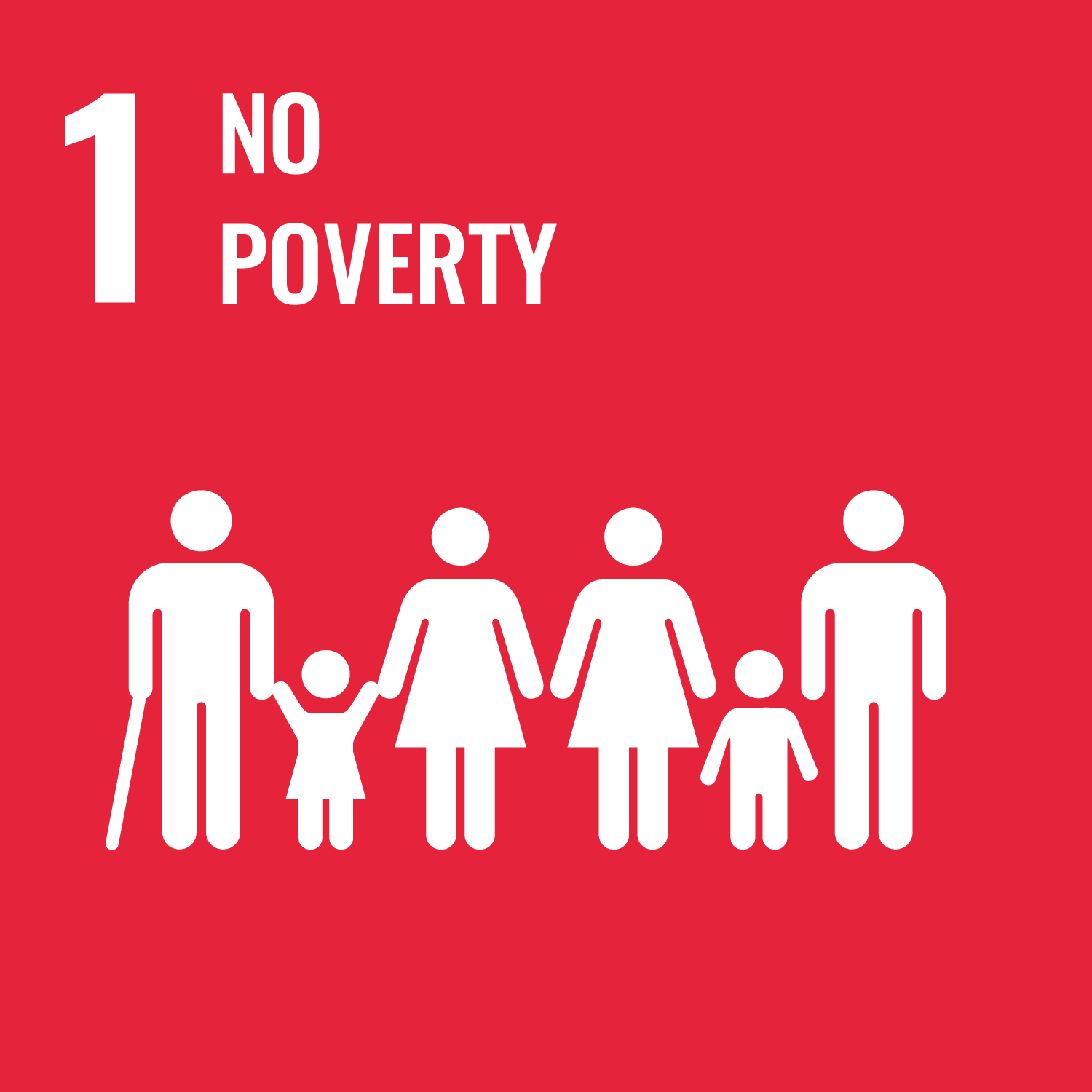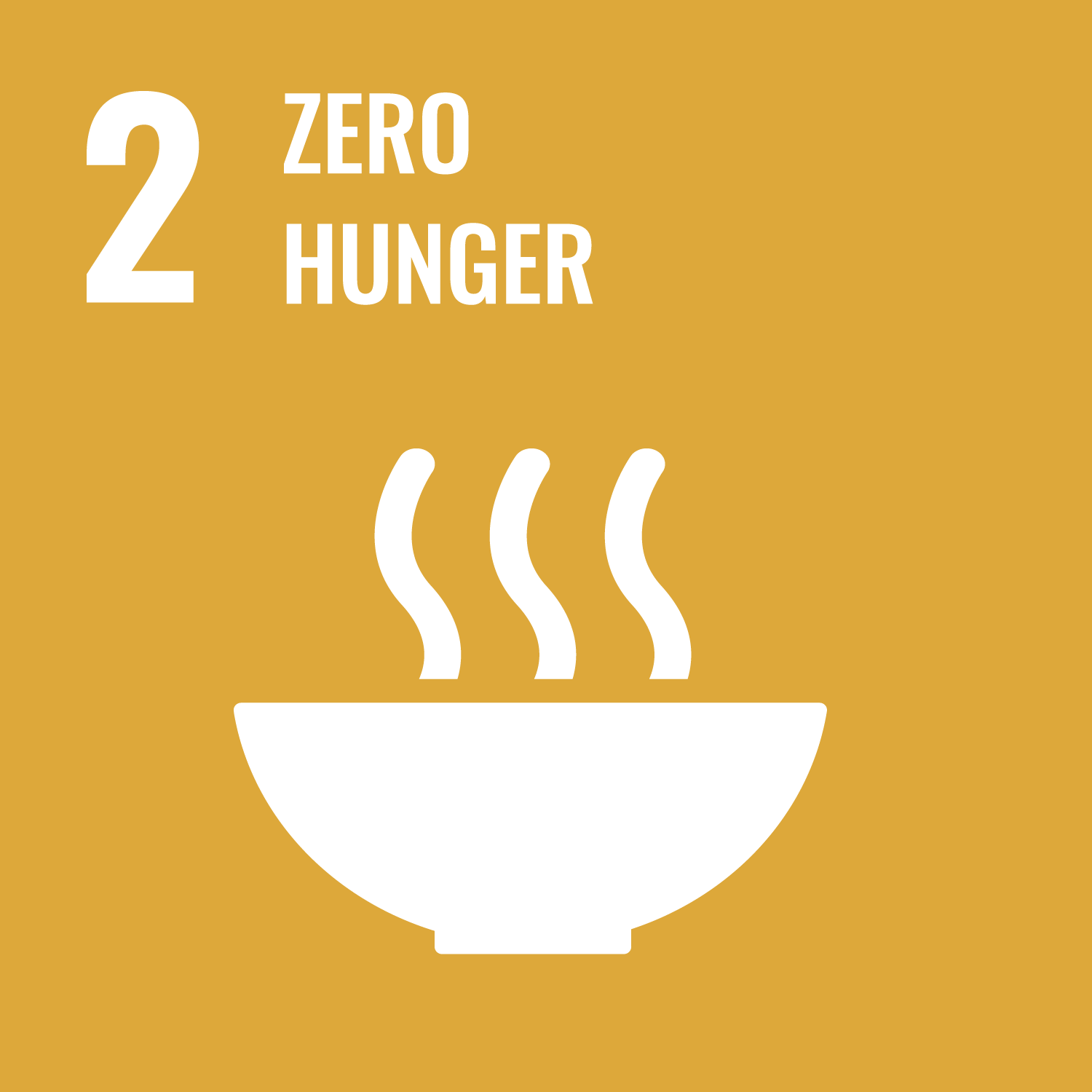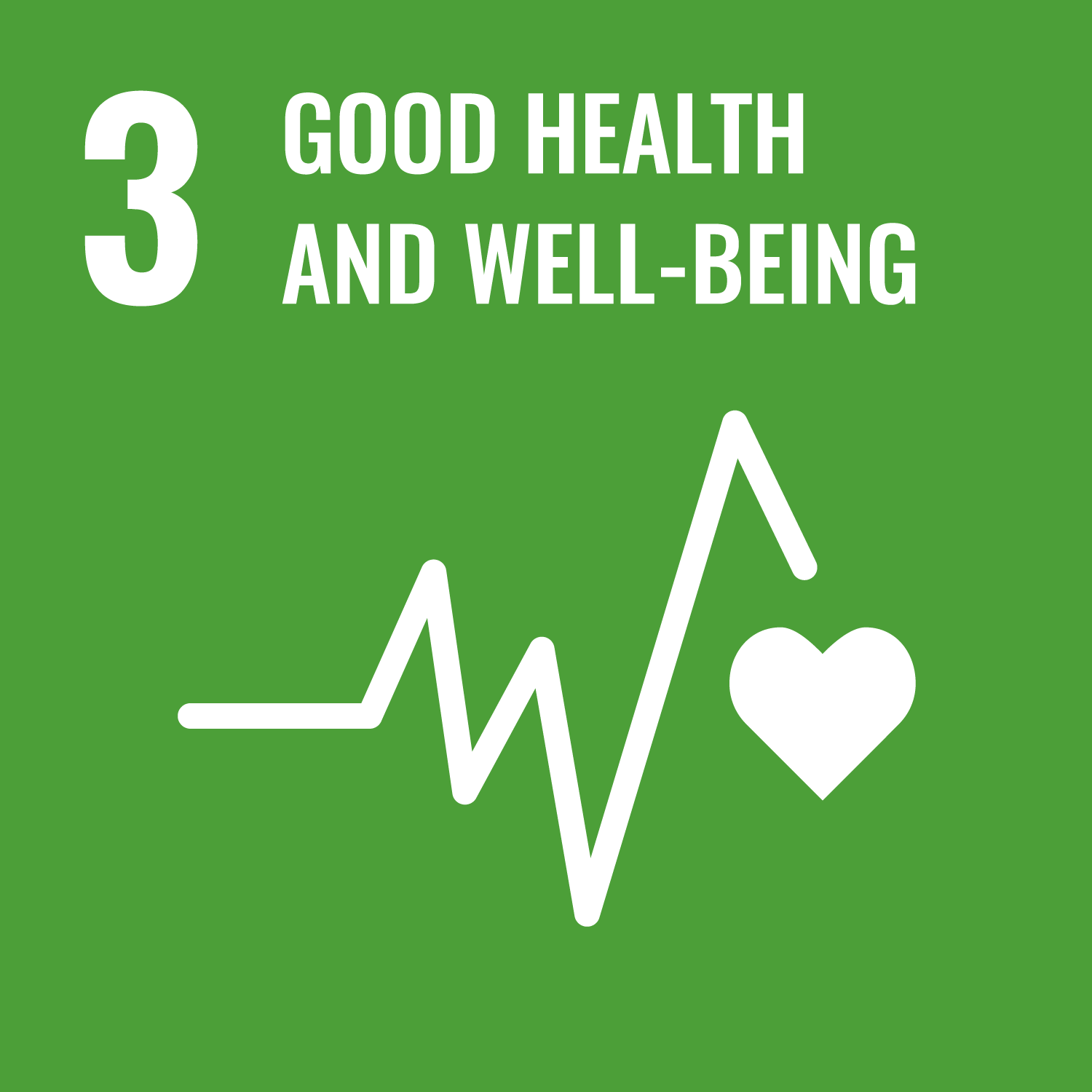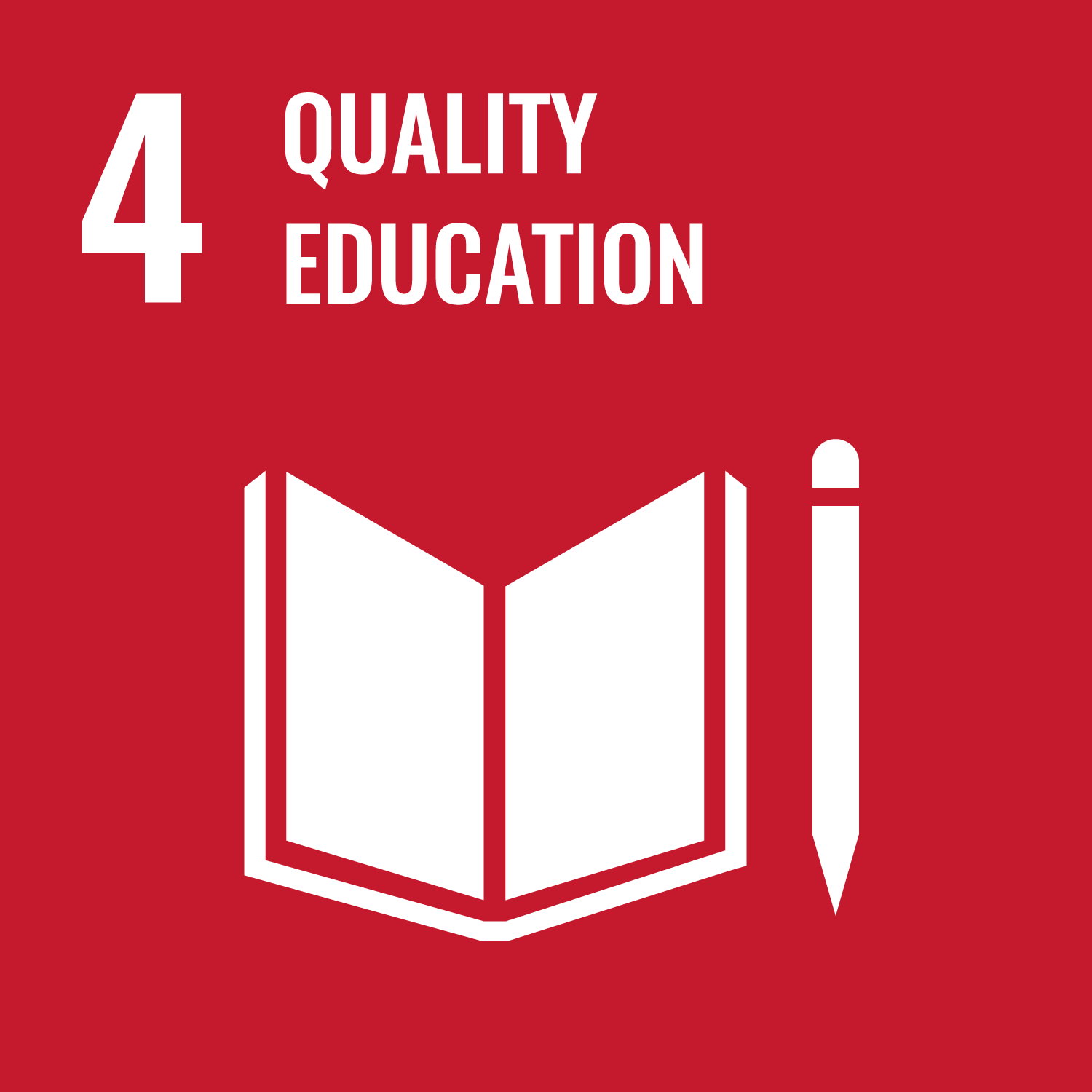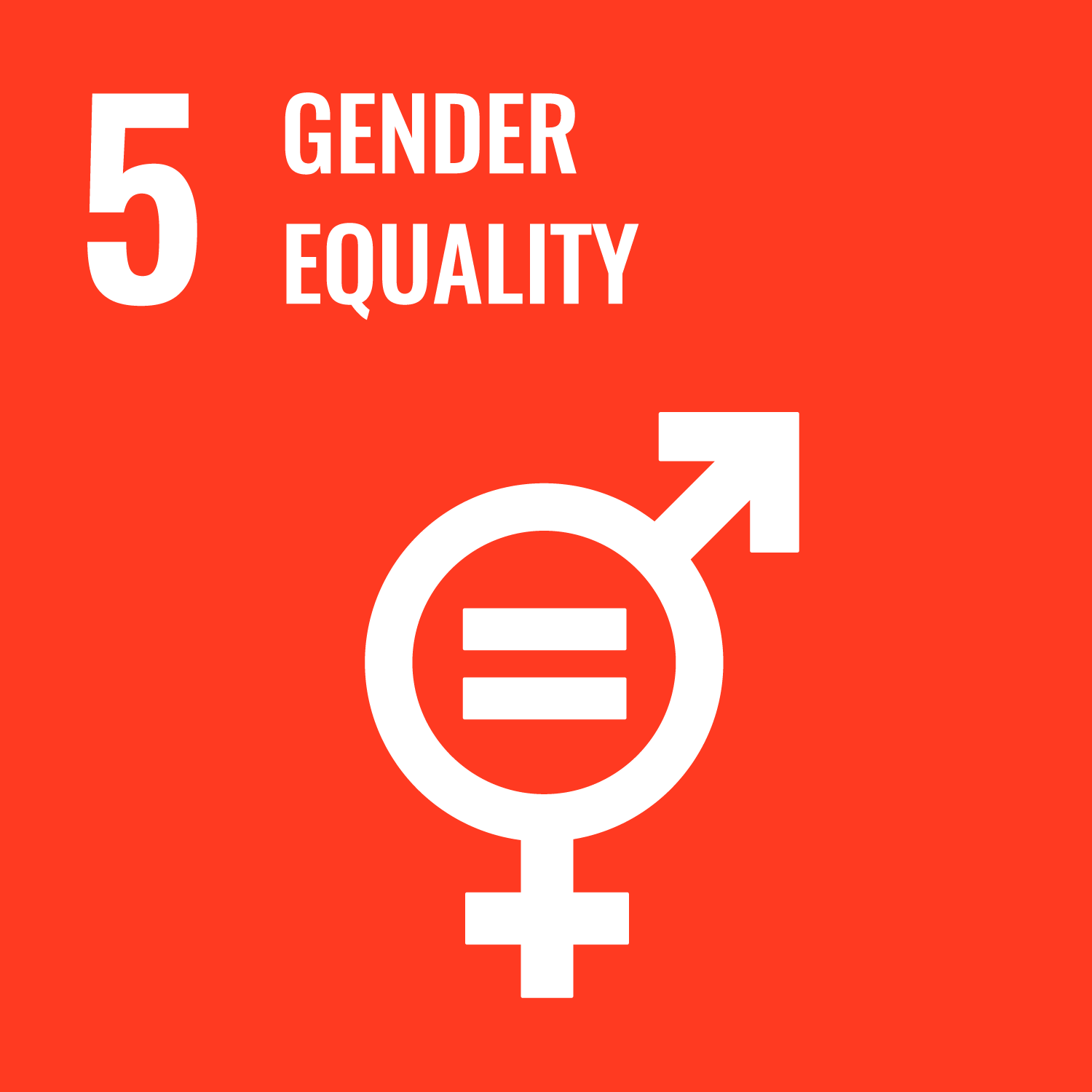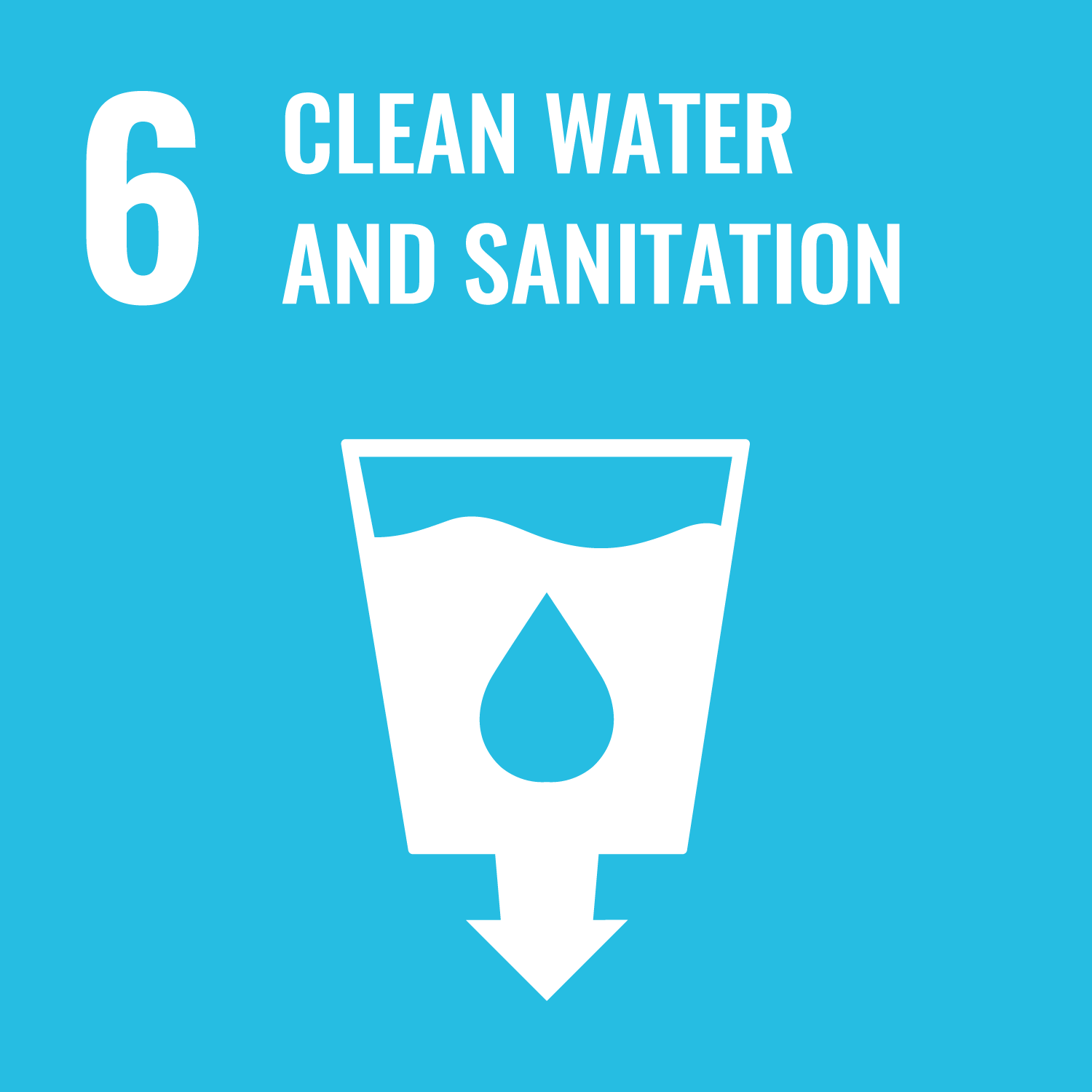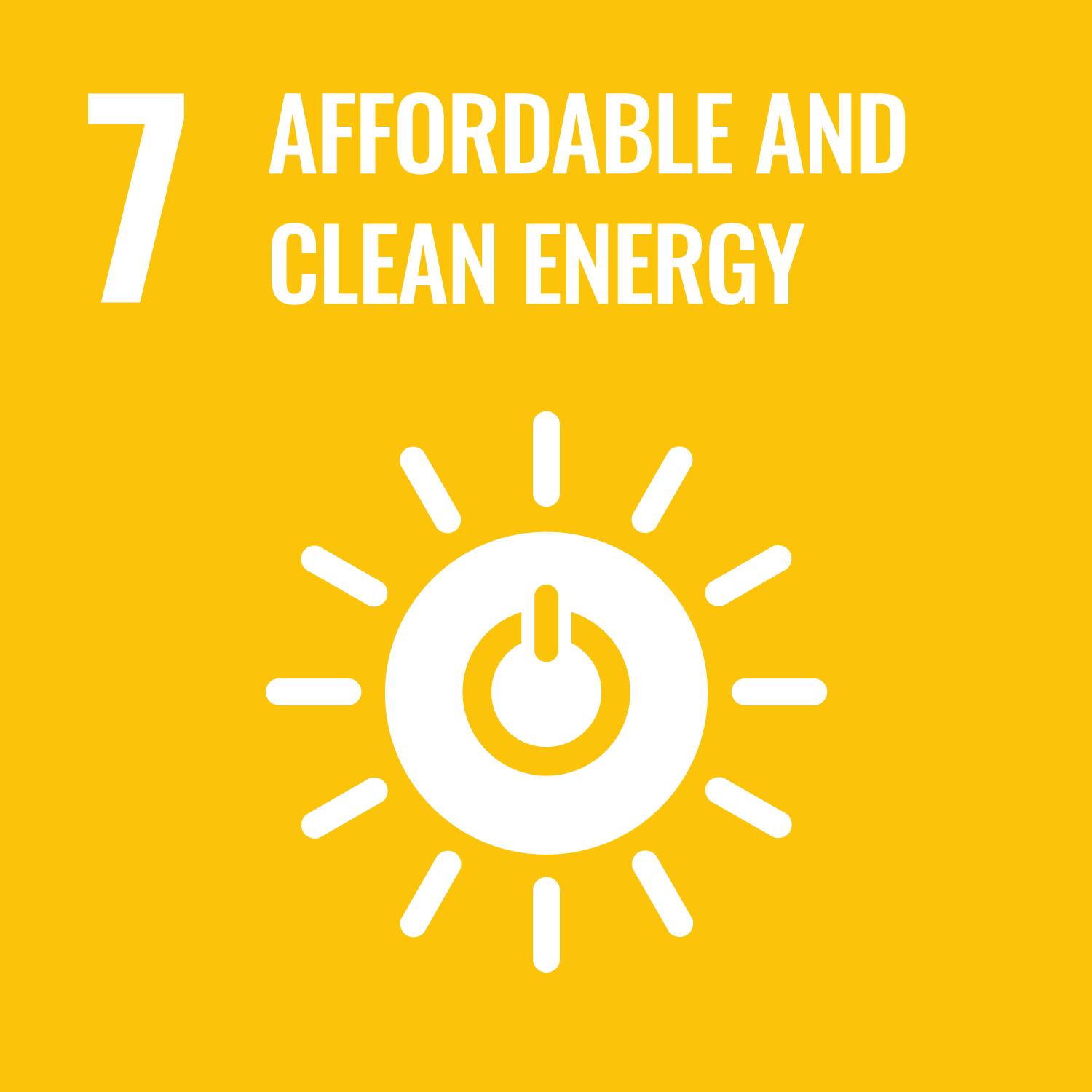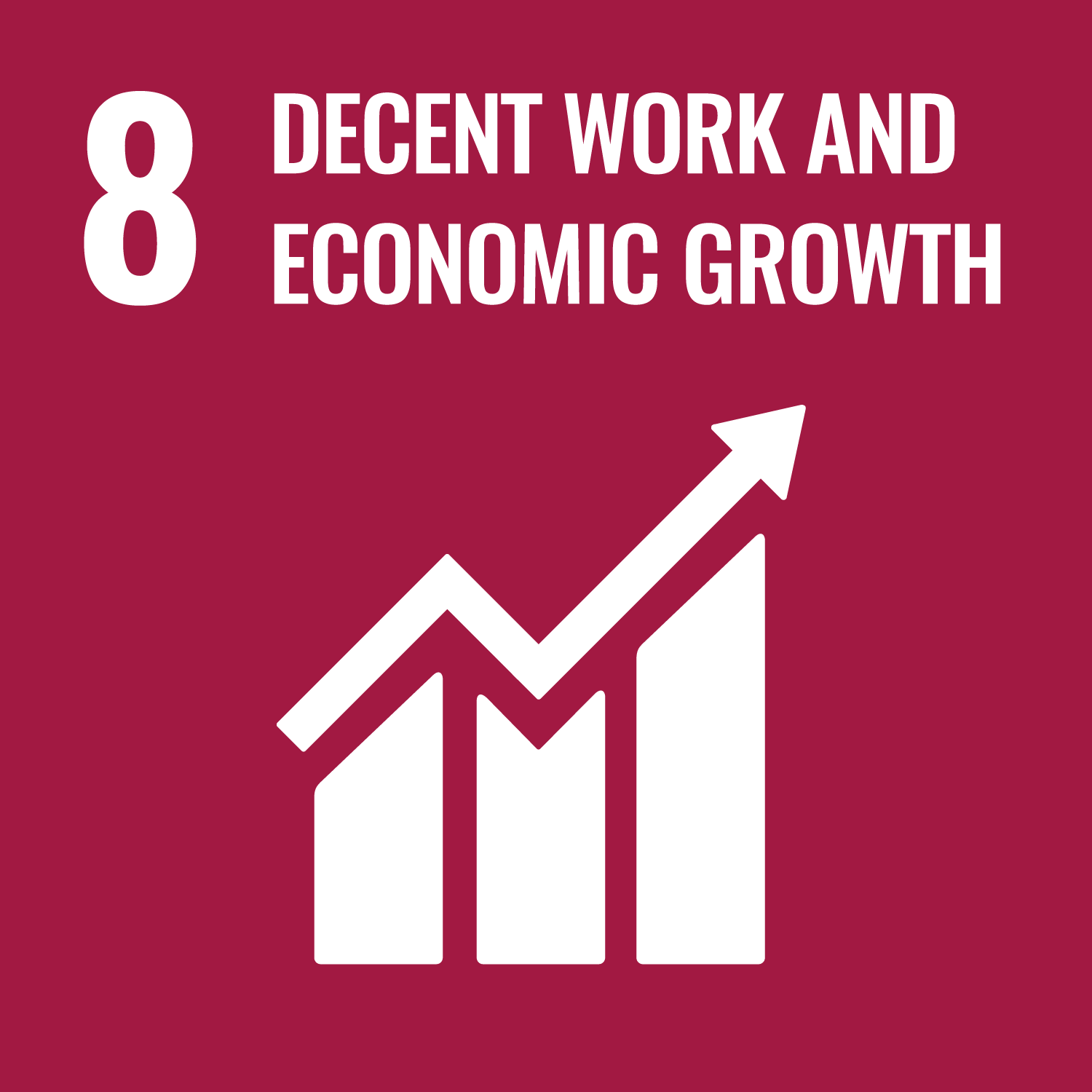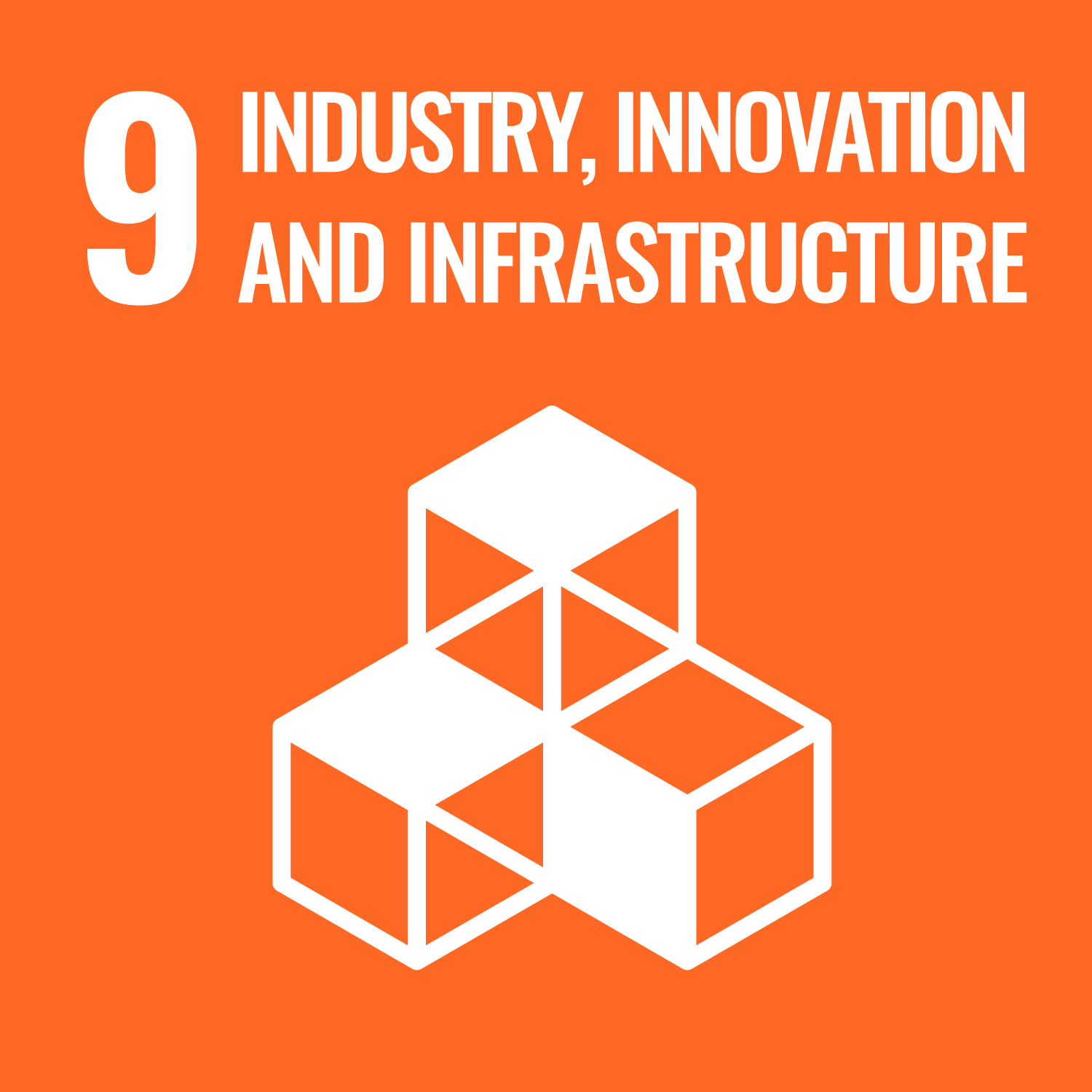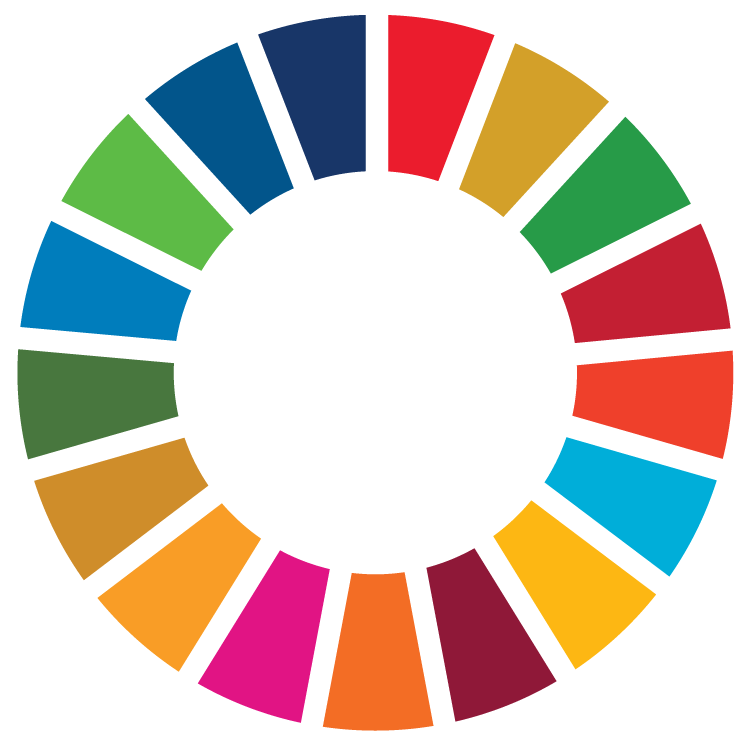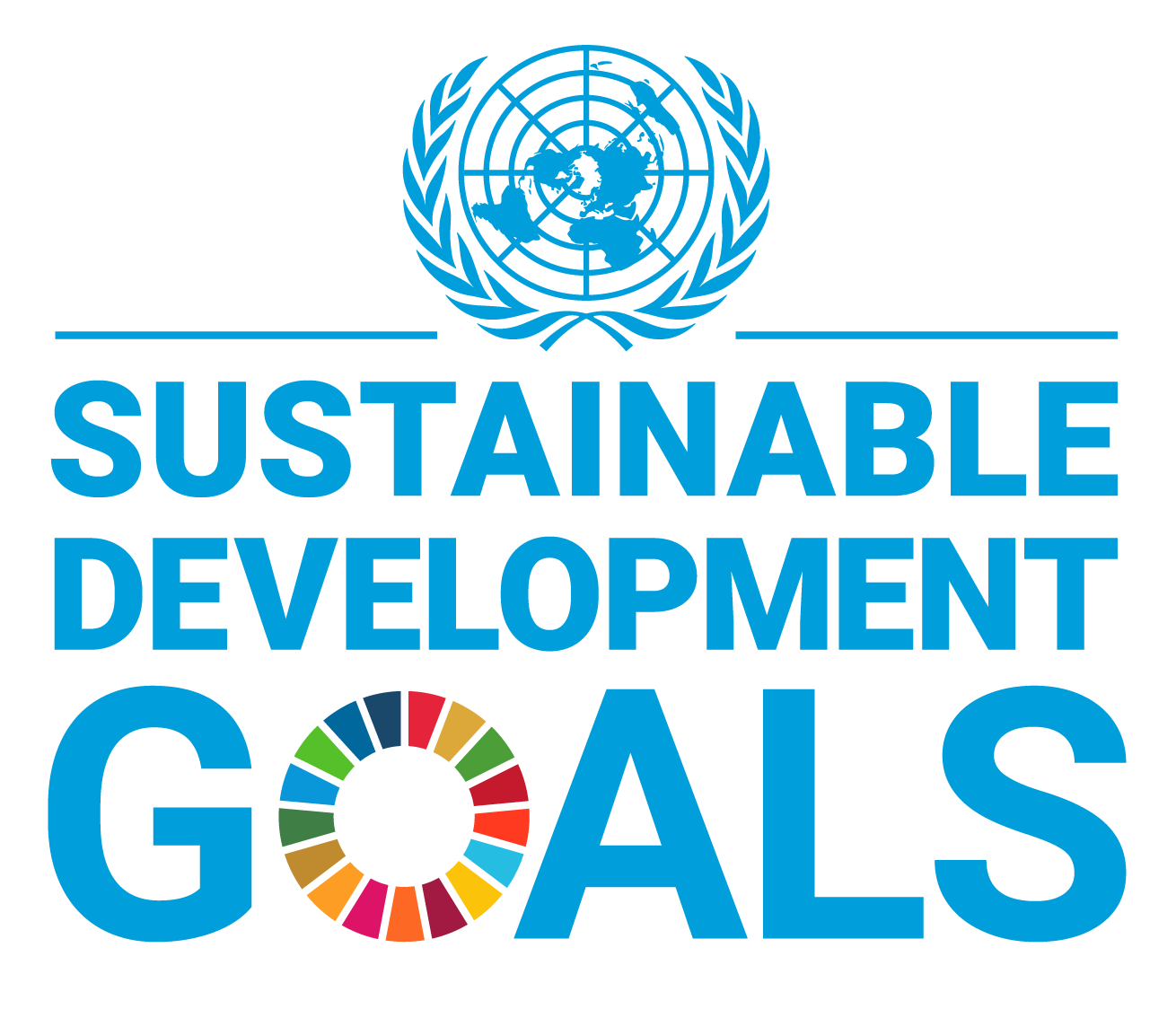- Beranda
- Tentang Kami
- Akademik
- Kemahasiswaan
- Riset
- Unit Layanan Fakultas
- LPPKM
- SDGs Initiatives


In terms of having a policy on ethical sourcing of food and supplies, the Faculty of Public Health, Universitas Indonesia already has a Policy and Structure to regulate Occupational Health, Safety, and Environment aspects within the faculty area.
Inside the Policy and Structure, there is an Environmental Management subsection which regulates hygiene, sanitation, canteens (including ethical sourcing of food and supplies), etc. Furthermore, there’s also Peraturan Rektor (Chancellor’s Regulations) No. 57 in 2017 concerning the Implementation of OHSE Aspects in Canteens as a policy in providing food within the campus area.
The Faculty of Public Health, Universitas Indonesia already has a policy, process or practice on waste disposal, which includes the management of hazardous materials.
In a year, the faculty can produce up to 5.53 tons of hazardous waste consisting of residue. According to the policy that we have, the standard procedure is to sort the waste, contain the waste, weigh and record the waste, then label the waste containers.
For hazardous waste, it must be handled safely using special containers and must be labeled based on its hazardous criteria. The faculty also provided a specific waste dropbox for broken electronic devices such as glasses, neon lights, and used batteries.
After being collected by the faculty, the management and disposal of this hazardous waste will be carried out by a third party who has been appointed by Universitas Indonesia.
In terms of policy on waste disposal, such as to measure the amount of waste sent to landfill and recycled, the Faculty of Public Health, Universitas Indonesia has done that by having our own temporary storage place where we carry out our waste management process.
Waste management process within the faculty starts from picking up the waste and dropping it to the temporary storage place everyday. There, the waste will be sorted and weighed before being collected by the university’s facility maintenance team.
For organic waste, the faculty will process the waste into compost which is used for plant maintenance within the faculty area. This activity was closely monitored by the faculty’s facility maintenance team.
For other waste such as plastics, it will be sorted at the temporary storage place before being collected by the university’s facility maintenance team to be recycled.
The Faculty of Public Health, Universitas Indonesia has implemented the policy for minimisation of plastic use for a long time. It starts with the faculty providing a free water dispenser which can be used by everyone in the faculty. With the provision of this free water dispenser, the faculty encourages everyone to start bringing their own drinking bottles. Furthermore, the faculty also stopped providing bottled drinking water for lecturers. Instead, lecturers are provided with a glass of water which will be washed and refilled before the class starts.
The Faculty of Public Health, Universitas Indonesia fully supports the university’s policy by minimizing the use of plastic and disposable items through the provisions of a free water dispenser, thus encouraging the academic community to bring their own drinking bottles and reducing the purchase of bottled drinking water.
The Faculty of Public Health always measures the amount of waste generated and recycled by keeping a logbook in the temporary storage place. All waste put in the temporary storage place will be weighed and recorded for waste tracking purposes. Based on data collected by the faculty’s facility maintenance team, the Faculty of Public Health, Universitas Indonesia has processed 74% waste through recycling program.
The Faculty of Public Health, Universitas Indonesia always publishes a sustainability report every year through the website https://fkm.ui.ac.id/green.

